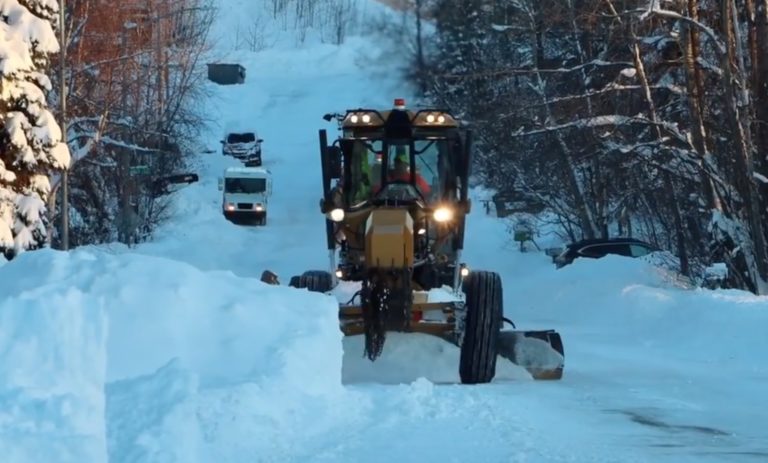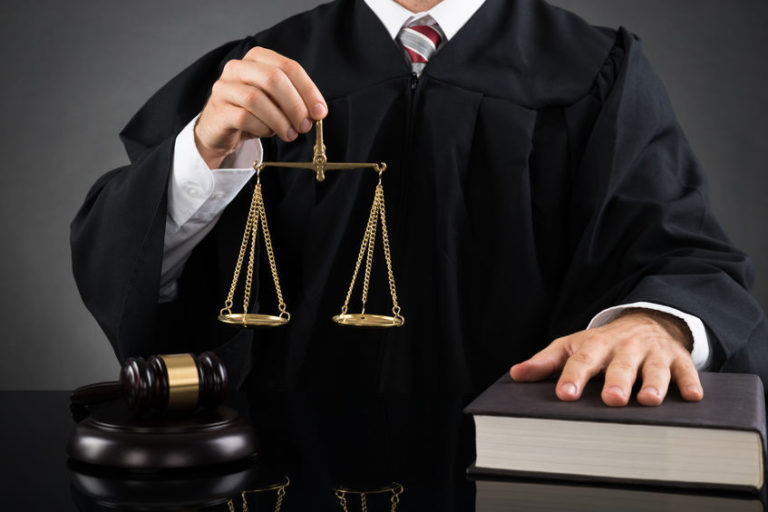Snow removal in Anchorage during the historic snowfall of December was the topic of a work session of the Anchorage Assembly on Thursday.
Anchorage had the wettest December on record, with 41.2 inches of snow, combined with the fact that the snow was heavy and there were high winds that created drifting berms. It was the second snowiest December on record, coming up just shows of the 41.6 inches in December of 1955.
Members of the Mayor Dave Bronson administration gave a report to members present at the work session that included these points, among others:
- Crews continuing to work night and day, round the clock, widening the streets.
- Crews are doing snow hauling right now. There is a limit on where snow can be dumped, which needs to be addressed by the Assembly.
- The city brought on some additional crews to help with snow in cul-de-sacs, normally something they don’t work on until spring.
- Focus right now is on doing snow hauling around the 34 elementary schools, as school starts Monday.
- As of Thursday, the city and contractors have hauled 25,000 truckloads of snow, equalling almost 1/2 million cubic yards, and averaging 1,600 loads a day.
- Normally, the municipality hauls 6,000 truckloads a year, but there have been 6,600 truckloads hauled already in 2023.
- There are 30 graders, and on average day 25-28 are operating, with others in for maintenance.
- The city has been able to hire more people. It started off with 50-60 , now up to 72 in the snow-removal work. The city is also using contractors.
- The city has brought in more trucks to haul snow. The city has contracted with side-dump trucks, which can hold more snow.
- The city has one equipment tech position it has not been able to fill. “We can’t find qualified candidates.”
- The city doesn’t lack basic regular parts, but that situation is changing quickly, as across the country other entities are using same type of equipment and have faces snowy conditions.
- The administration is working with the State for getting more snow dump sites, trying to limit the distance drivers must travel as they haul snow.
- The administration has a draft ordinance to allow more private snow dump sites, for properties that are at least 30,000 square feet, and there would be snow dump height restrictions and other permitting issues that would need to be ironed out. There are not enough snow dump sites currently in the city for city, state, and private contractors who are clearing everything from roads to parking lots.
- Typically, the city has an 84-hour plow-out goal for streets and neighborhoods. But that has a specific meaning: After is snows four inches, the city plows all major streets, and then will go into neighborhoods, which is when the 84-hour clock starts. But if it snows another four inches, the city will continue to clear streets and connectors, and may not get to neighborhoods.
- The 84-hour rule does not apply to neighborhoods east of Lake Otis or in Eagle River.









